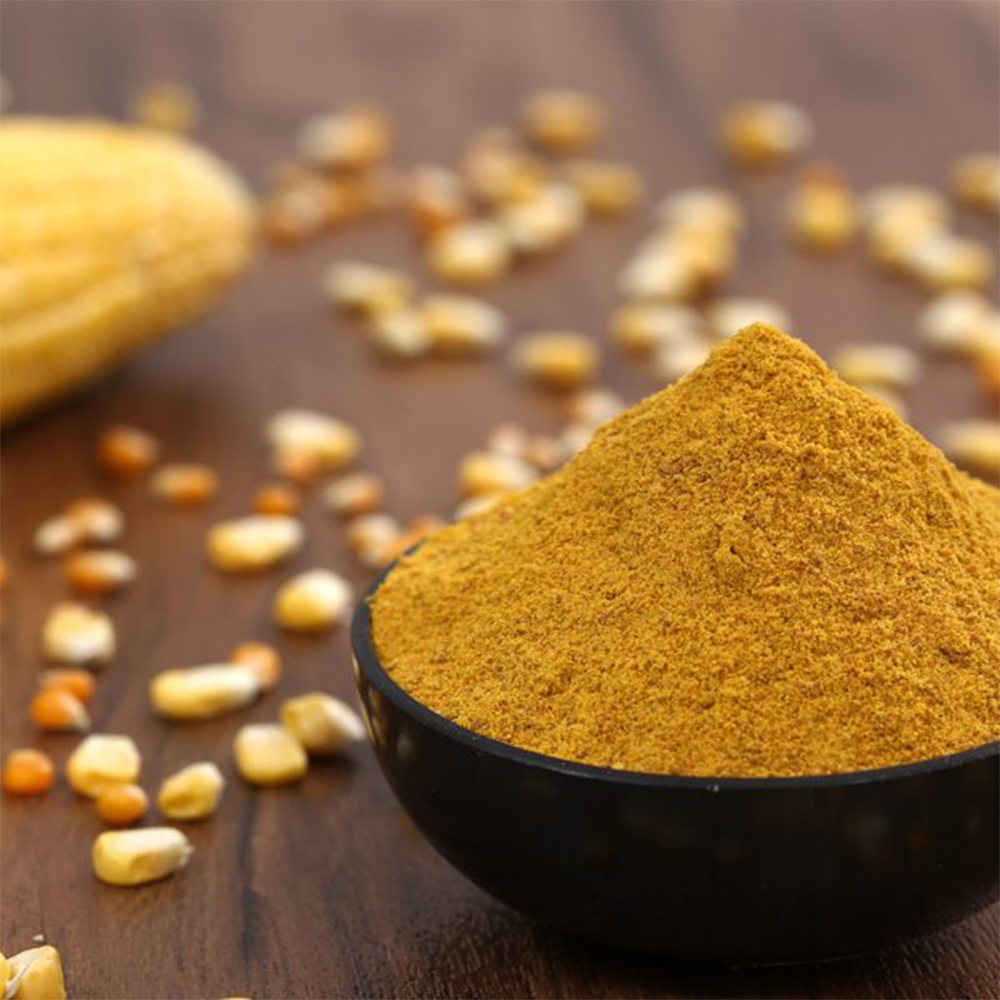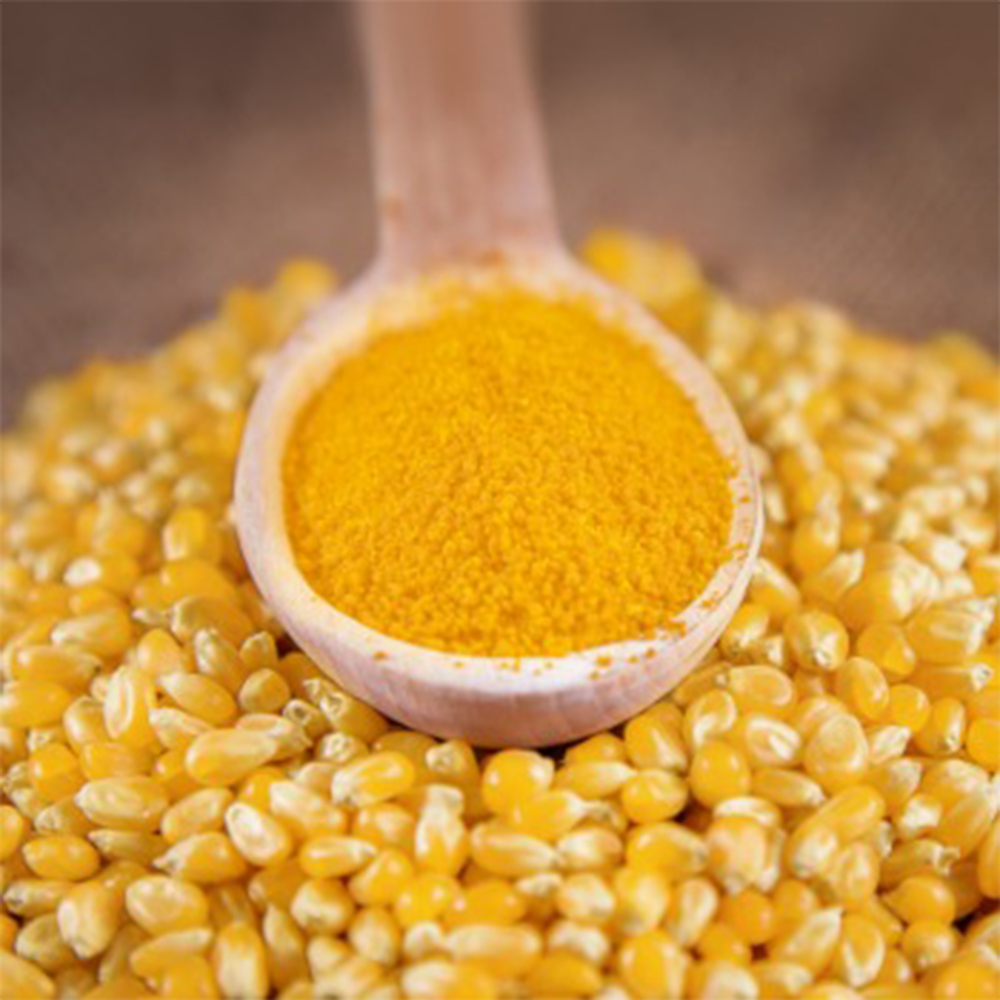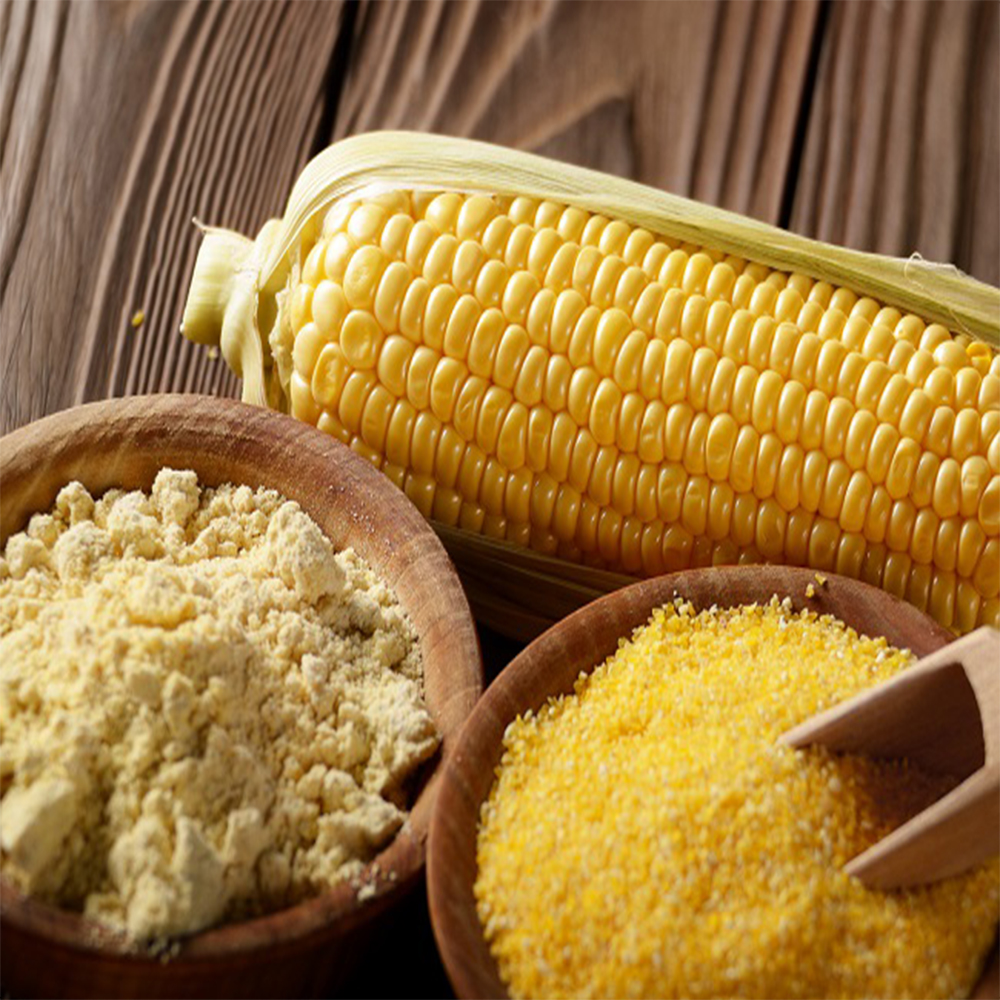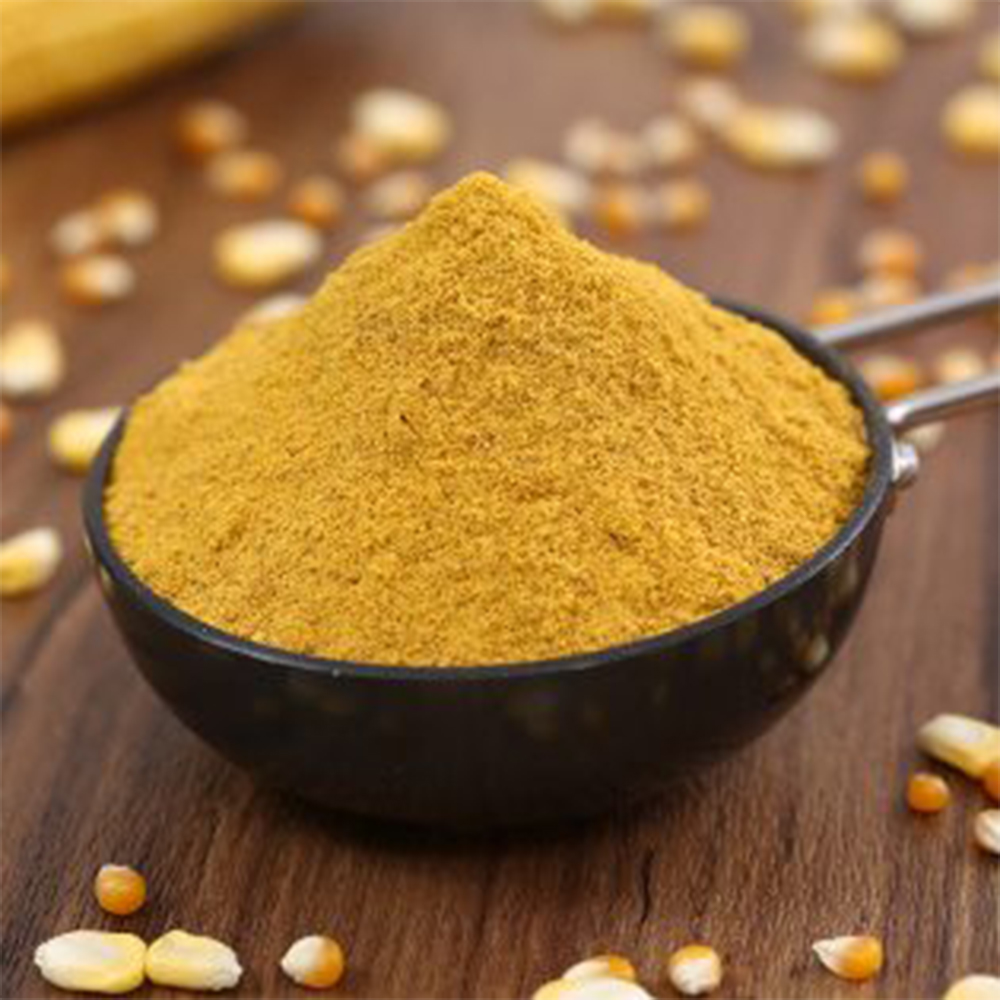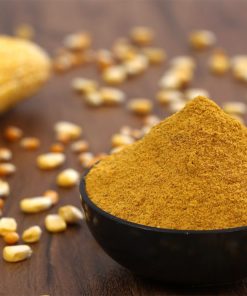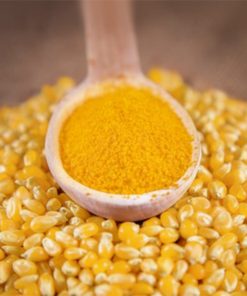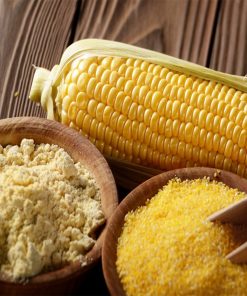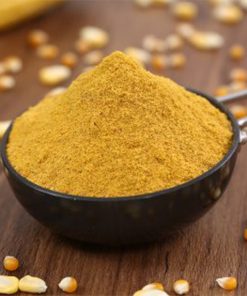Corn Gluten, Is Corn Gluten Free ? Is Popcorn Gluten Free?
$0.00
Description
Dear Sir / Madam,
How are you? hope fine.
We Are biggest manufacturer of RMY Corn Products. We have also more then 1 million RMY corn Products companies and warehouses in Pakistan, Germany and Poland , also can provide you home deliveries with small quantities also no problem.
- Cold Pressed
- 100% Pure & Natural
If you follow a gluten-free diet, you don’t want to avoid corn unnecessarily. Sometimes it makes a great substitute for gluten grains. Most people with gluten sensitivity can safely enjoy corn long as they avoid products made with gluten-containing ingredients and those at risk for cross-contamination.
Is Corn Gluten-Free?
Corn does not have gluten and is not one of the gluten grains. This is why many gluten-free products such as pasta, are made from corn. But if you have celiac disease or non-celiac gluten sensitivity, you need to know when to use caution with corn products. Carefully check the label and ingredients list on any corn product. Unless clearly certified and labeled as such, you can’t assume a product is gluten-free.
Depending on how sensitive you are to trace gluten, you may need to contact the manufacturer to determine if corn has been processed on equipment or in a factory where gluten is present. Research has shown that cross-contamination of gluten occurs in both industrialized and non-industrialized products.
That said, plain corn—the kind you eat right off the cob—is always gluten-free. As long as the corn was protected from cross-contamination with gluten while it was being processed and prepared, corn dishes that contain no other ingredients (such as corn on the cob or sweet corn niblets) shouldn’t contain any gluten.
If you’re shucking corn yourself and cooking it in your gluten-free kitchen, you shouldn’t have any issues. Even if you aren’t using fresh corn, you’ll find that most frozen and canned corn doesn’t contain gluten ingredients.
Processed Corn Products
If you’re shopping for products or dishes made with corn, don’t assume that they’re free from gluten. Cornmeal should be safe, but again, it’s always a good idea to ask the company if the product could have been cross-contaminated in processing.
The same goes for other commercial products made with cornmeal or other corn-based ingredients: unless it’s specifically labeled gluten-free, you’ll need to confirm the product’s gluten-free status with the manufacturer.
For example, most recipes for commercially made corn muffins call for more wheat flour than cornmeal, meaning they’re most certainly not gluten-free.
Is Creamed Corn Gluten-Free?
Creamed corn (the type that comes in a can) is not necessarily gluten-free. While your homemade creamed corn is probably made with real cream, canned versions get their “cream” from food starch. The canned recipes also often use other ingredients, like salt and sugar (or another sweetener), which may contain gluten.3
While most manufacturers use corn starch (which also acts as a thickener), it’s never safe to assume. In addition to the type and source of the food starch used, canned cream corned may experience gluten cross-contamination during processing.
Is Popcorn Gluten-Free?
Regular whole-kernel unpopped popcorn is naturally gluten-free. If you pop your own popcorn at home, you can help keep the snack gluten-free. Microwave popcorn is also gluten-free.
Most brands of popped bagged popped popcorn at the grocery store will also be gluten-free, but always make sure to check packaging.
Movie theater popco

